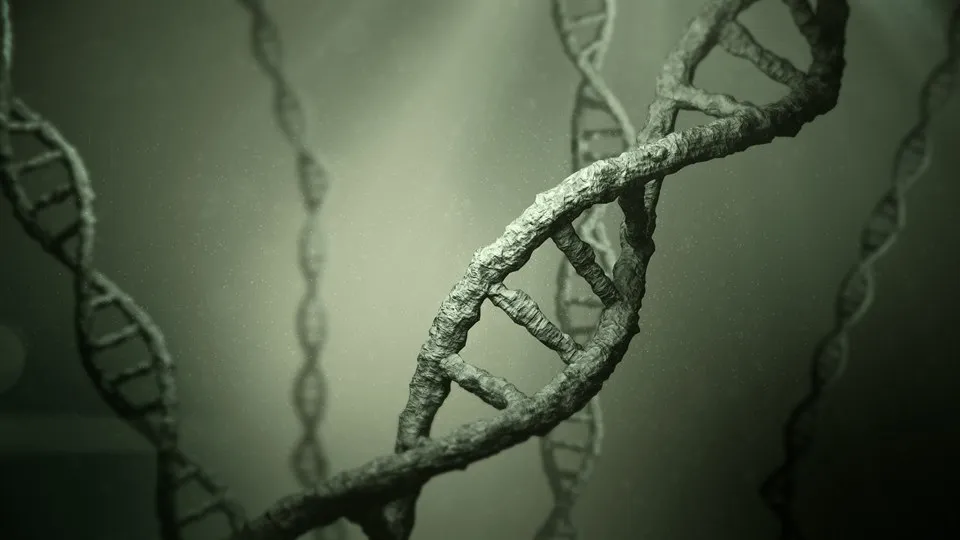Genetics may explain why anxiety treatment works differently
Why does anxiety treatment work for some – but not for others? A new Swedish-Danish study tries to answer this question by examining how genetic vulnerability to depression affects the body's biological response to therapy.
Repeated exposure to stressful situations is an established method in the treatment of anxiety. It works for about half of the patients. Researchers from Mid Sweden University and Aarhus University now want to find out whether changes in gene expression in blood cells can explain why some people respond better than others.
"We know that the immune system in the blood is linked to anxiety, but it is still unclear how gene activity is affected by treatment," says Fredrik Åhs, professor of psychology at Mid Sweden University.
The project has received just over SEK 6 million from Riksbankens Jubileumsfond and will begin at the end of the year. The work will last for three years and will be carried out at Sabbatsberg Hospital in Stockholm and the study is unique in its kind.
"It has never been investigated how genetic risk for depression affects gene expression after repeated stress. The results can provide new knowledge about why some patients respond poorly to treatment – and open the door to more individualized therapy in the future," says Fredrik Åhs.

Fredrik Åhs, professor of psychology at Mid Sweden University. Photo: Private.
In the research project, Fredrik Åhs collaborates with, among others, Associate Professor Billy Jansson from Mid Sweden University, and Professor Doug Speed at Aarhus University, who is a world-leading statistical geneticist. The researchers will recruit 100 participants with an extremely high or low genetic risk of depression, based on data from the Swedish Twin Registry. By comparing how these groups respond to repeated social stress, the researchers hope to identify genes whose expression changes in connection with anxiety reduction.
The hypothesis is that people with a high genetic risk of depression have a harder time reducing their anxiety, and that their gene expression changes less. This may be because they do not adapt as quickly to stress, which in turn can lead to increased allostatic load – a type of biological wear and tear that affects both the brain and the cardiovascular system.
Contact person:
Fredrik Åhs, Professor of Psychology at Mid Sweden University, +4610-142 87 76, fredrik.ahs@miun.se
Contact

